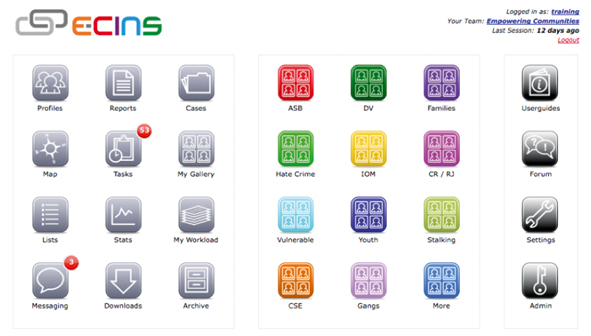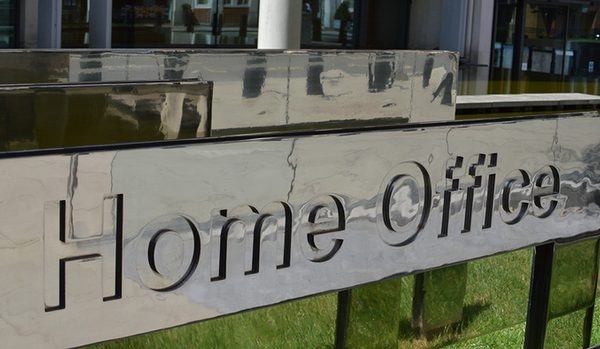Simulation key to better performance
Simulation technology is key to driving performance improvement within the police and criminal justice arena, according to 91 per cent of forensic experts questioned as part of a survey commissioned by Lanner, the business process analysis company.

Simulation technology is key to driving performance improvement within the police and criminal justice arena, according to 91 per cent of forensic experts questioned as part of a survey commissioned by Lanner, the business process analysis company.
However the majority of respondents feel its potential is not being fully exploited due to cultural differences across departments and partner organisations (40 per cent), cost (26 per cent) and reluctance to change (21 per cent). Only nine per cent believe that a lack of proven benefit is holding back use of simulation technology for performance improvement.
Yet it seems the need for performance improvement has never been greater as forensic experts strive to achieve the myriad of agendas they face this year. Almost half (43 per cent) of forensic scientists state the greatest challenge they face in 2007 is the need to increase forensic identifications and detections. A further 28 per cent cited that their greatest challenge is to maximize the value derived from forensic science.
For nine per cent of those polled, speeding up end-to-end process time for forensic identifications and detections was at the top of their list of challenges for 2007. A further nine per cent re-enforced the importance of achieving joined-up working with other departments and organisations in the criminal justice arena, and eight per cent stated their greatest challenge as reduction of the cost of scientific processes.
When asked about the impact of recent technological advances such as DNA testing, a quarter of those surveyed said that they now have a greater need for simulation technology to map out scenarios. Over half (55 per cent) say that they have re-deployed resources based on experience and crime figures, and only a fifth of respondents state that these advances havent affected resource planning at all.
Kevin Sheehy, practice leader, police and criminal justice, Lanner Group, commented: There is huge pressure on forensic teams to make performance improvements whether it is through achieving joined-up working with other departments, reducing costs or improving levels of identifications or detections. With limited resources set against a backdrop of mounting pressures, finding the time to address these areas is a challenge in itself.
Although the majority of the forensic experts polled recognise the value of simulation technology in performance improvements, cultural differences, a reluctance to change and cost all seem to be holding the sector back from making necessary performance improvement. If the sector is to overcome the many challenges it faces in 2007, it is clear that these barriers must be addressed.



